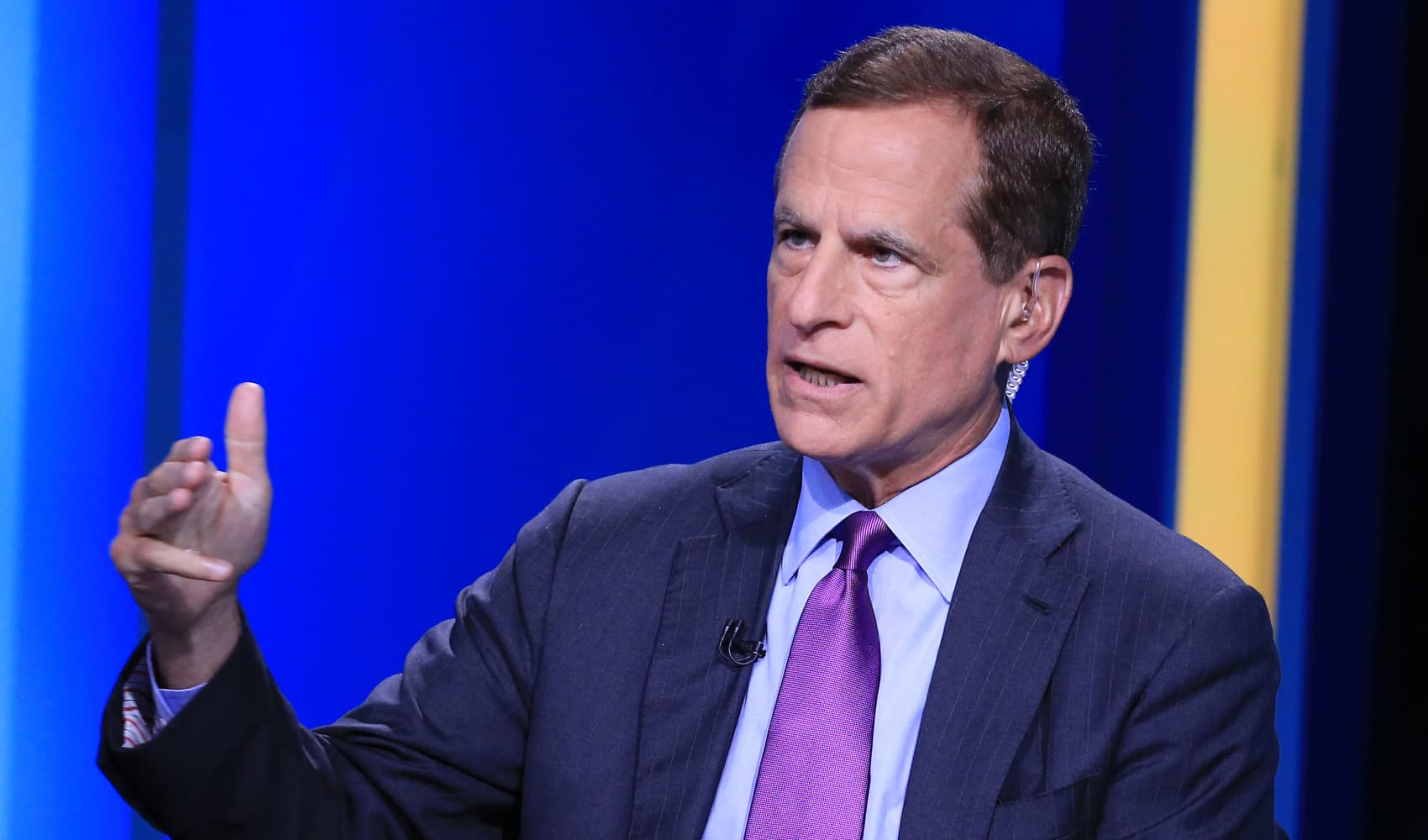
- Traders are widely anticipating an interest rate cut at the Federal Reserve's Sept. 17-18 meeting, as well as at the ECB's meeting this week.
- Euro zone inflation has come down.
- Headline figures hit a three-year low in August with a reading of 2.2%, while core inflation by contrast is still more elevated at 2.8% with services prices pulling up that metric.
FRANKFURT — The European Central Bank on Thursday is set to slash rates again by 25 basis points just days ahead of the U.S. Federal Reserve beginning its own rate-cutting cycle.
Traders are widely anticipating an interest rate cut at the Federal Reserve's Sept. 17-18 meeting, as well as at the ECB's meeting this week.
"The rate cut this Thursday should be largely uncontroversial," Holger Schmieding, the chief economist at Berenberg Bank, told CNBC in an email to clients.
"Virtually all recent ECB speakers have confirmed that they would like to lower rates. Even Bundesbank President Joachim Nagel, usually considered to be among the hawks on the ECB Council, has indicated that he would support a cut unless the evidence aligns against it."
In July, the ECB left interest rates unchanged in a unanimous vote following June's landmark cut. At the time it described the potential for a September reduction as "wide open." The ECB's key interest rate — which helps to price all sorts of loans and mortgages across the bloc — is currently at 3.75% after years of aggressive hikes.
Get Tri-state area news delivered to your inbox. Sign up for NBC New York's News Headlines newsletter.
Inflation in the euro area has since come down further. Headline figures hit a three-year low in August with a reading of 2.2%, while core inflation by contrast is still more elevated at 2.8% with the services sector pulling up that metric.
Money Report
The Frankfurt-based ECB — which sets monetary policy for those 20 nations that share the euro — will also issue a new round of staff projections this Thursday. They are not expected to see a big revision of inflation or growth figures, although some economists predict that a new growth outlook for the euro area will be grimmer than it was in July.
"In recent data, what has been the most concerning is the weakening in confidence, with services also looking to be on shaky ground," said Anatoli Annenkov at Société Générale in a research note.
"With a lack of momentum in domestic [demand] in 2Q [the second quarter], the weakness in manufacturing could spread and start having a greater impact on otherwise strong labour markets."
The key question is, of course, what's next?
The majority of analysts expect the ECB to pause in October when policymakers meet in Ljubljana, Slovenia. Although, there is an outside chance that the Bank decides to cut sooner rather than later as keeping rates too high has inherent risks.
Currently, it seems that the consensus inside the ECB's Governing Council has moved toward more optimism that the Bank is on the right track in getting inflation back to a 2% target.
Indeed, some have openly mused about whether faster cuts would be appropriate or not, most prominently the chief economist of the ECB, Philip Lane.
At the Kansas City Fed's Jackson Hole economic symposium last month, he said that the "return to target is not yet secure" but added that "equally" the ECB needs to ensure that inflation stays at 2% when it gets there.
He also mentioned that there is a risk of "chronically" below-target inflation if the ECB keeps rates too high for too long.






